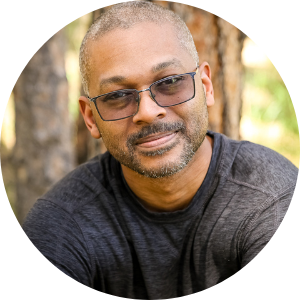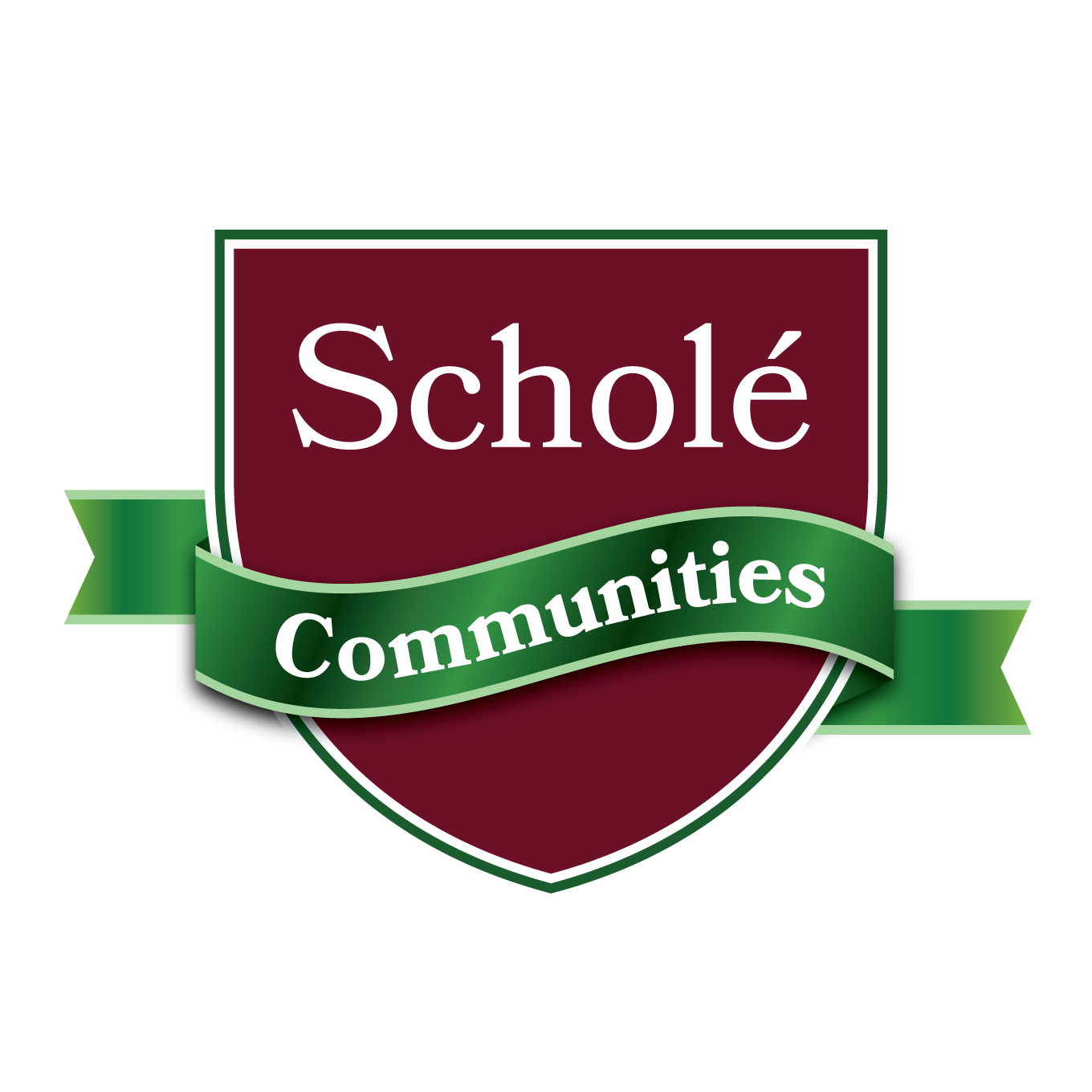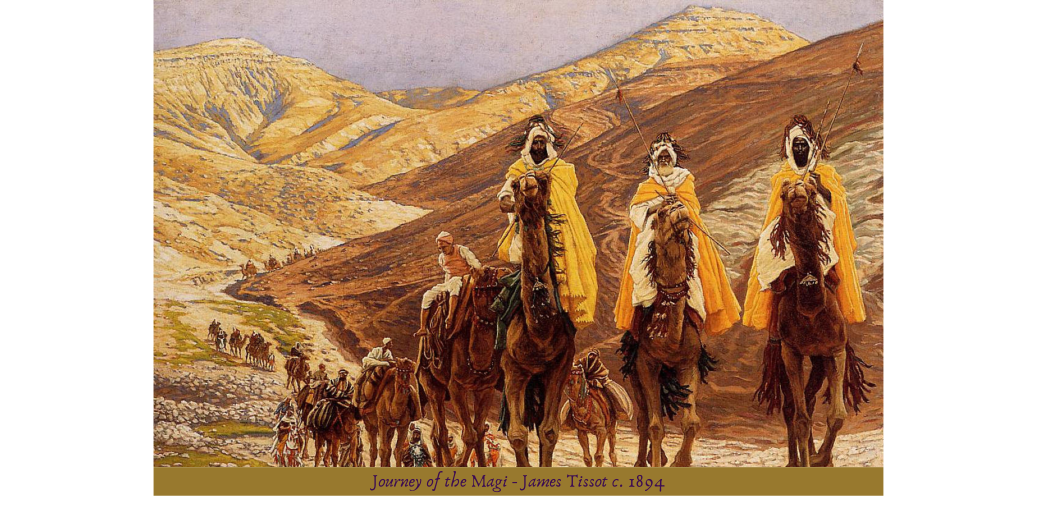Medieval Christians had the habit of referring to our life in this world as in via, “on a journey,” as opposed to Heaven, where we would be in patria, “in the homeland.” Accordingly, they thought of themselves as viatores, “travelers” or “people of the way.” The Lord’s Supper, which to them was the pinnacle of the grace of God, was called viaticum, “waybread,” “that which sustains the journeyer.” I find all of this conceptuality to be deeply scriptural, and very helpful for strengthening our resolve to rest in our identity as strangers in this world. The exile must never forget who he is, or where his real country is; otherwise, he ceases to be an exile, and naturalizes to the land in which he lives. This above all the Christian must not do.
In our own day, many have fallen in love with the idea of journeying. “The journey is more important than the destination,” they say, and aim above all to be “true to their journey.” But we must not forget that there is a word for those who perpetually wander on the roads, never arriving or caring to arrive anywhere: lost. A journey is defined by its termini, by its starting and ending points. Not all walking is a journey, but only that walking that arrives somewhere. It is true that the particularities of the path taken and the things that happen along the way shape the character of the journey; but this journey is still the journey from Athens to Sparta, or Paris to London, or some such, whatever happens to us along the way.
Advent is a time of arrival: that is the original meaning of adventus. And so this season is concerned above all with the One who set out from impossibly far and came impossibly near. His journey is the one that matters, and it conditions all of time. And yet, this Advent will not be that Advent; this Christmas is not that Christmas. He has come, he has finished his journey: it is finished. What we do in the church calendar is dramatize that original coming, re-present it so that the memory of it may be fresh enough to do its work on us. What remains for his followers after Christ has finished his journey is to take up our own crosses and walk the path he marked out for us.
And so our journeys also matter. We see this in the other figures who journey in the Christmas story: Gabriel, who has to come to earth with a message that is a heavy burden of joy; the wise men, who come from an unknowable distance over a period of many months; even the holy family itself, which is moved by divine providence working through the secular regime of the day to travel to the place chosen by God before the foundation of the world to be the birthplace of his Son: Bethlehem, the House of Bread. Every Advent journey ends at the stable, indeed, at the manger; and every Advent journey ends with us on our knees in worship.
Over the next few weeks, we will consider these journeys, and see what they have to teach us about our own journeys. We will tread again, as we do every year, the journey to the Incarnate God: for we must walk this path over and over again until we arrive at him in the fullness of truth. We seek, and we seek, and we seek; but one day we shall find, because we will be found. We are journeyers, but it is his second arrival that will complete our journey. For even now, empowered by the grace he left us in his Holy Spirit, the journey is too great for us, and we cannot get there by trying alone. But if we stay on the road, if we cling to it with every ounce of our being, we will be in the right place to be found by him when he comes again to set all things to rights.
If you enjoyed this article,
please consider Junius’s Advent companion resources below!

Junius Johnson is an independent scholar, teacher, musician, and writer. He is the executive director of Junius Johnson Academics, through which he offers innovative classes for both children and adults that aim to marry the sense of wonder with intellectual rigor. An avid devotee of story, he is especially drawn to fantasy, science fiction, and young adult novels. He performs professionally on the french horn and electric bass. He holds a BA from Oral Roberts University (English Lit), an MAR from Yale Divinity School (Historical Theology), and an MA, two MPhils, and a PhD (Philosophical Theology) from Yale University. He is the author of 5 books, including The Father of Lights: A Theology of Beauty. An engaging speaker and teacher, he is a frequent guest contributor to blogs and podcasts on faith and culture, and is a member of The Cultivating Project. Explore his work at juniusjohnson.com.

